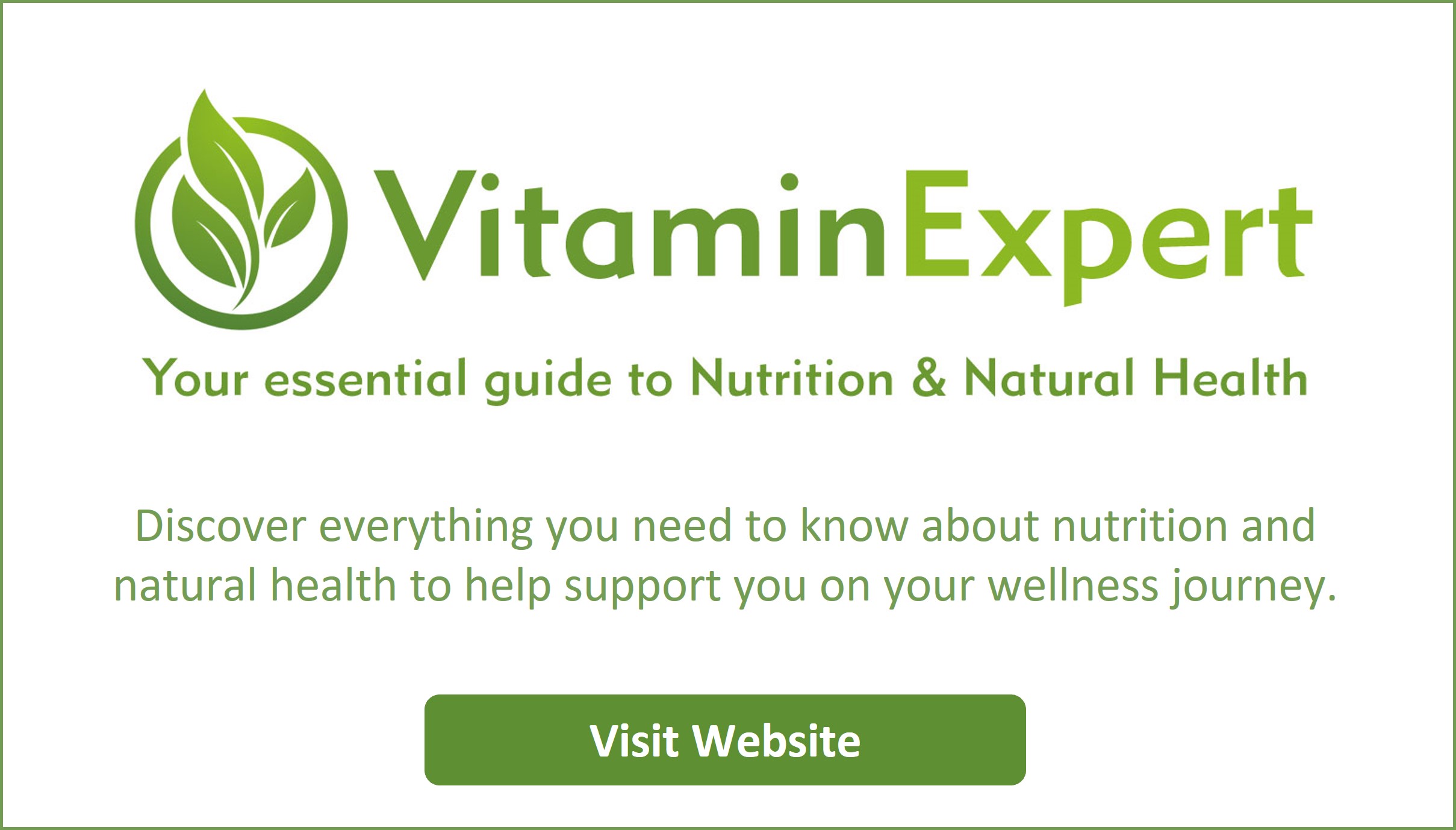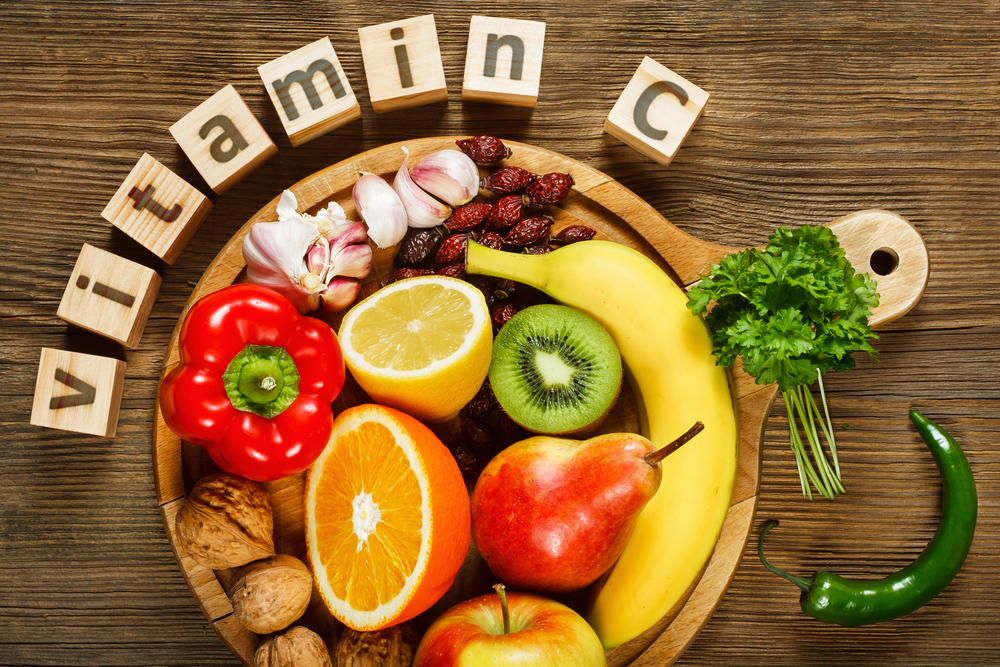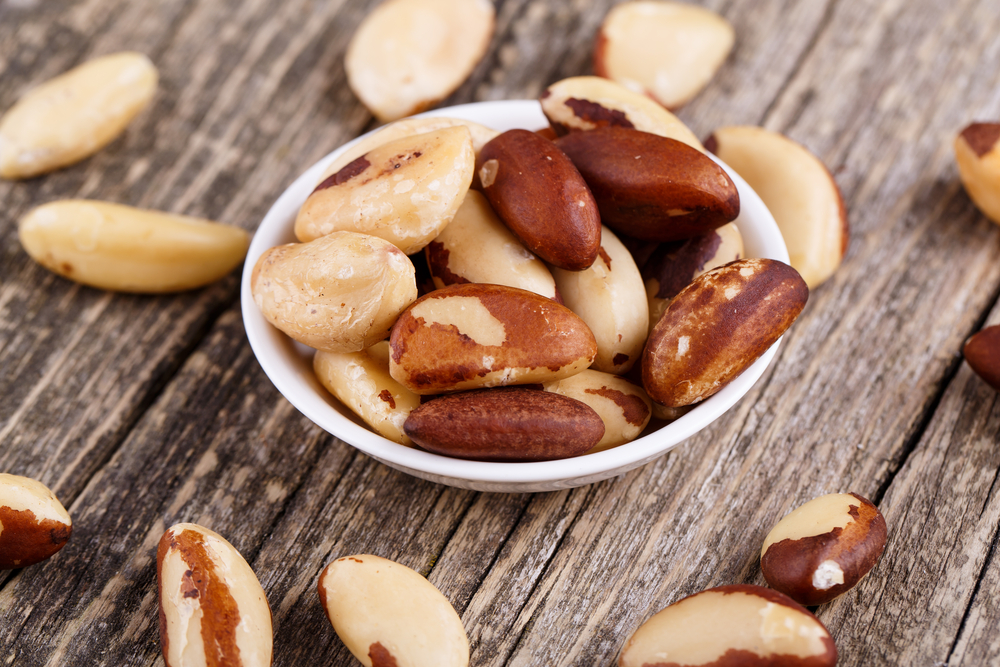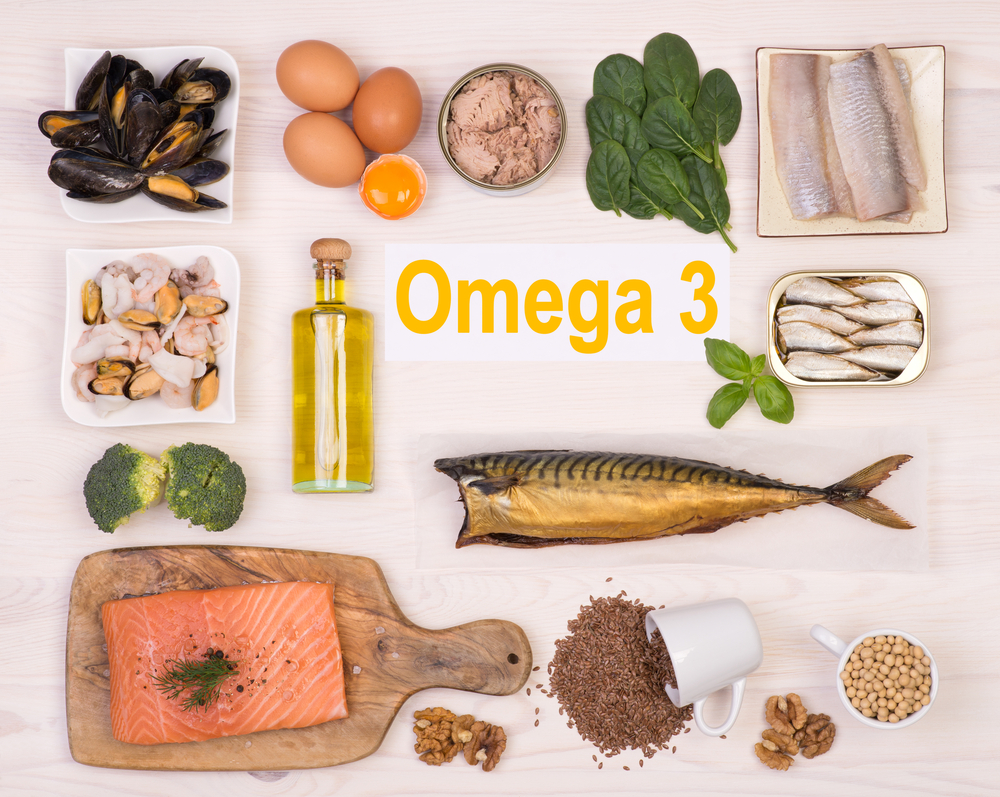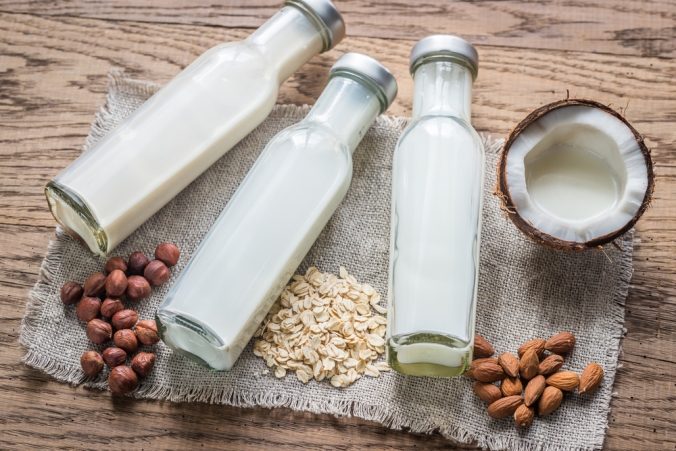
When we see the word ‘fats’ we often associate this with what will make us fat! It’s true, that too many saturated fats may be stored as fat in the body and are not good from a health point of view, but when it comes to omega-3s it’s an altogether different story.
Omega-3 fats, also called the ‘essential fats’ are an absolute jewel in our nutritional armoury, particularly when it comes to brain health.
Clinical Nutritionist, Suzie Sawyer, shares her three top reasons to be including them in your diet.

What are Omega 3s and where to find them
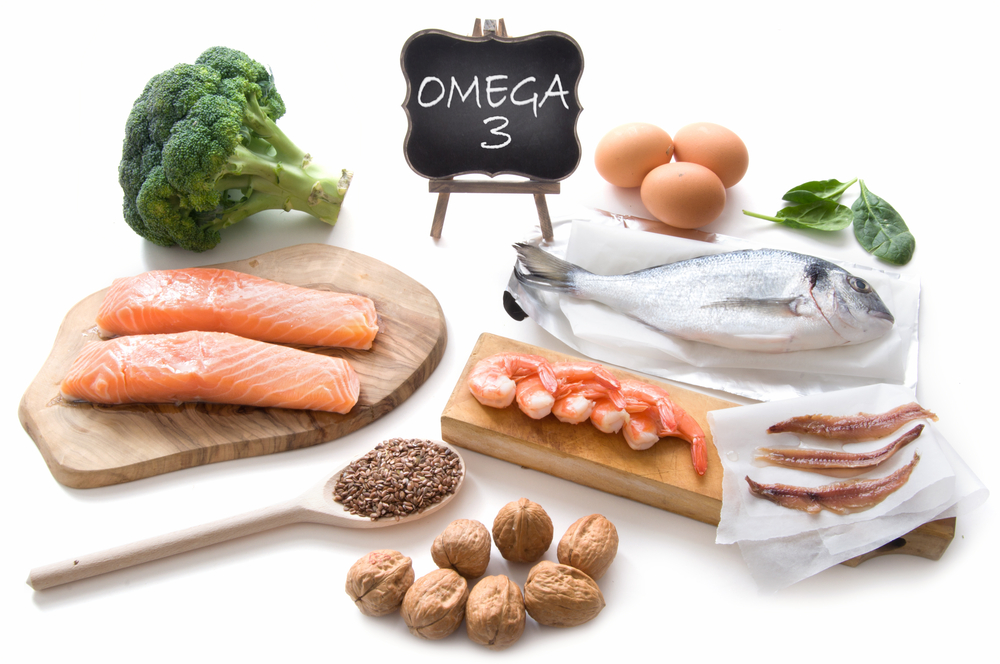
Omega-3s cannot be made in the body, hence the term ‘essential’, therefore must be eaten in the diet or taken as a supplement. The main source of omega-3s is oily fish (sardines, salmon, and mackerel), and nuts and seeds (flax, pumpkin, walnuts, chia, and hemp).
Omega-3s and brain function

Who’d have thought that fats could help cognitive function and enable you to store all those treasured memories? Essentially the brain contains 60% fat, a large percentage being the essential fats. Not only will these Omega 3s help calm any inflammation within the brain that can lead to some of our nasty degenerative brain diseases, but they are also part of brain cell membranes which enable our communication system and memory bank.
We all want to maintain a sharp brain, so by eating these smart fats on a very regular basis, you’ll be supporting your brain health for years to come.
Omega-3s and mental wellbeing
Maintaining a good mood and balanced mental wellbeing involves many factors for everything to work optimally. However, a key part of feeling in a good mood is eating the right foods, and importantly, including omega-3 fats in your menu choices.

Omega-3s help boost serotonin levels (the ‘happy’ hormone) but are also part of the brain receptor sites that keep everything balanced. Indeed, there have been many clinical trials on the effectiveness of omega-3s for depression, and even for improving outcomes for people already on anti-depressants.
Government health recommendations are to eat at least two portions of oily fish per week; wild salmon makes a great choice. However, if fish is not your bag or you’re vegetarian, then plant-based sources, such as flaxseeds, which can easily be sprinkled onto cereal or stirred into natural yogurt, are a great choice too.
Omega-3s and overall health
Not only are omega-3s essential for brain health, but they’re also needed for so much more.
Omega-3s are metabolised within the body to produce hormone-like compounds called prostaglandins. These are not only utilised for hormone balance but help to manage the body’s natural inflammatory pathways. Unfortunately, uncontrolled inflammation within the body, underlies most of our degenerative diseases, even type 2 diabetes. It may be the root cause of health issues or occur because of certain health conditions. Either way, controlling inflammation is key to health.

Omega-3s are also part of our cellular make up. This means that they’re essential for the heart (they help manage blood pressure and reduce blood fats), for the skin, hormones, eyes, joints, and gut. Somewhere along the line, omega-3s play a role in everything the body does daily.
The long and short of it is that these amazing fats need to feature in the diet very regularly. Remember that the body can’t make them, so they need to be eaten or taken in supplement form.
Importantly, these guys are not going to make you fat: they’re key to supporting your overall health.
FOR MORE GREAT NUTRITION AND LIFESTYLE ADVICE:
Sign up to receive our blog and get a weekly dose of the latest nutrition, health and wellness advice direct to your inbox.
For everything you need to know about vitamins, minerals and herbs visit our sister site Vitamin Expert – your essential guide to nutrition and natural health.
Follow us on Instagram @feelaliveuk for nutrition, lifestyle and well-being tips.
Visit us at www.feelaliveuk.com for the latest offers and exclusive Alive! content.
Follow and Chat with Suzie on Twitter @nutritionsuzie
All images: Shutterstock
